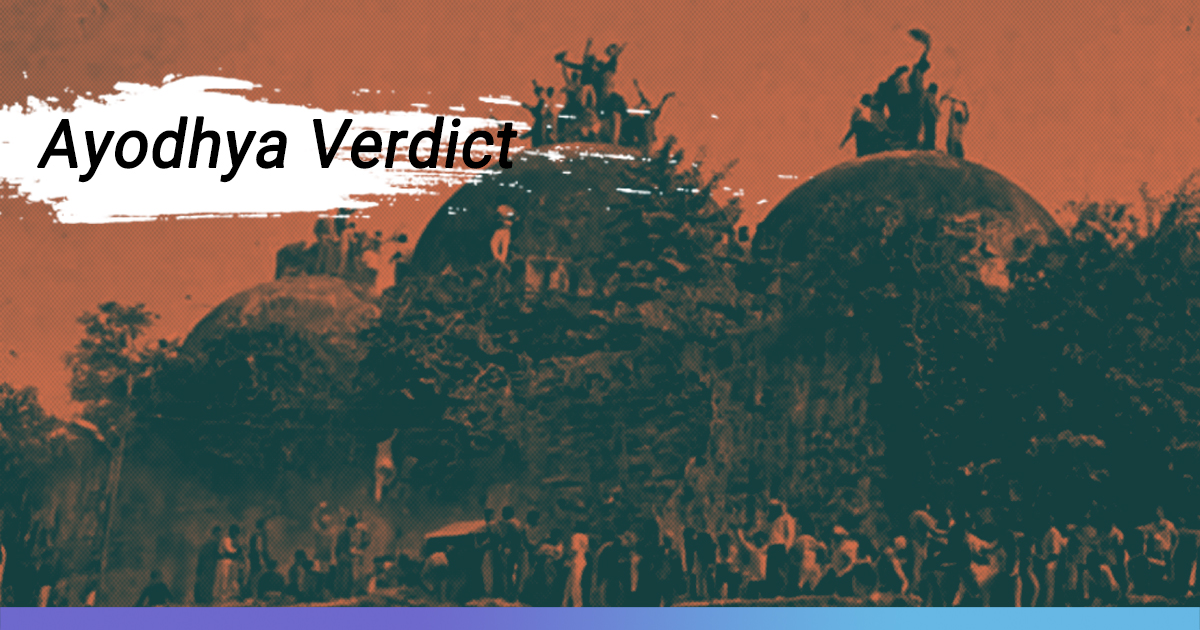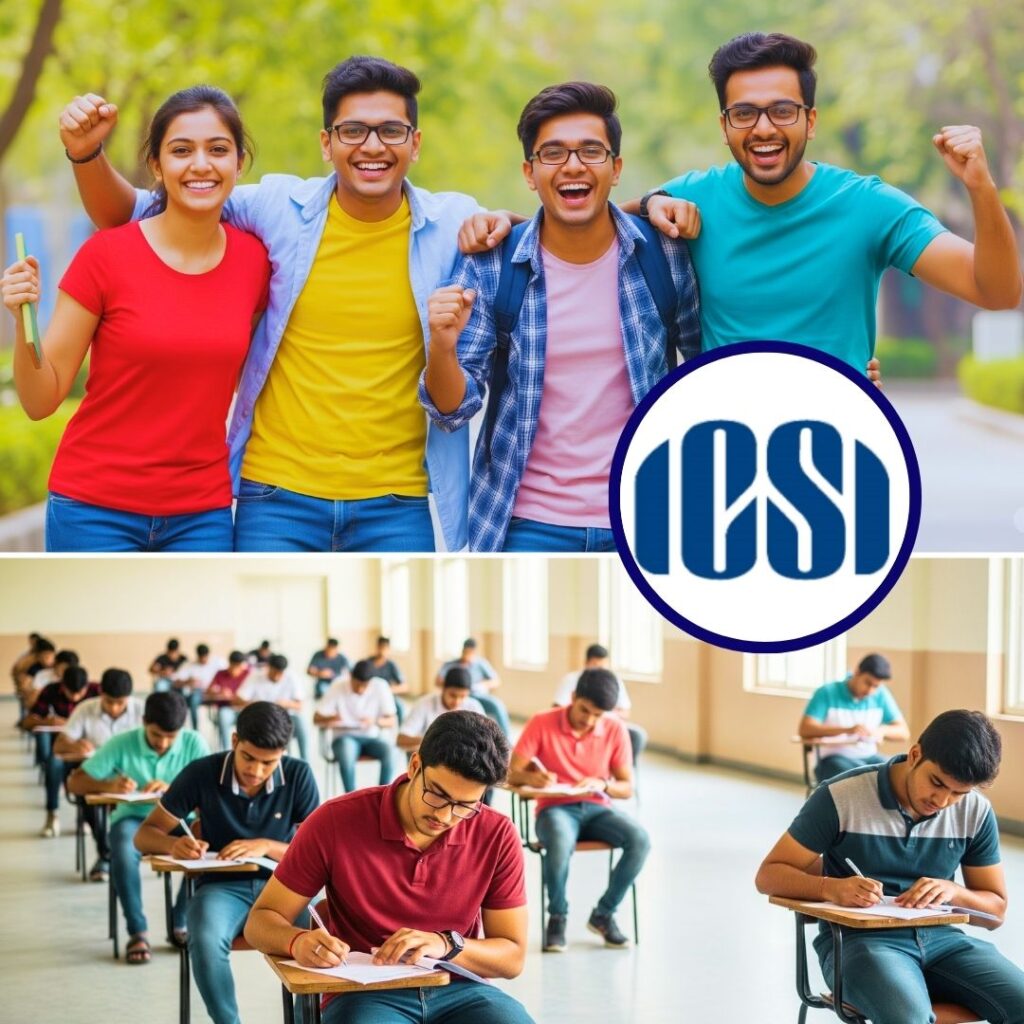In a landmark verdict, the 5-judge bench led by the Chief Justice of India, Ranjan Gogoi, unanimously awarded the disputed territory of Ayodhya to Ram Janmabhoomi Nyas. The court allocated an alternative 5-acres land to Sunni Waqf Board to build a mosque.
The five-judge bench led by Chief Justice Ranjan Gogoi, comprised of Justices SA Bobde, DY Chandrachud, Ashok Bhushan and S Abdul Nazeer.
The Centre is expected to formulate a scheme for a Board of Trustees for the construction of the temple at the disputed site within the next three months. The disputed 2.77-acre land, which includes the inner and outer courtyards, will be handed over by the Centre to the trustees.
SC has also asked the Centre to supervise the construction of the grand temple. The trust will also have representatives from Nirmohi Akhada.
The bench warned the Centre that the right of the deity, Ram Lalla, to the disputed territory, will largely depend on the maintenance of law and order across India and Centre has to ensure peace and stability in the region.
The five-judge bench noted that the Sunni Waqf Board could not prove its exclusive right over the land and that the entire land had to be considered as a whole. SC also dismissed claims of Shia Waqf Board stating that the property was Sunnis and not Shias.
The court took into consideration the report compiled by the Archaeological Survey of India (ASI) in 2003, which stated that there was a structure underneath the Babri Masjid. While the report had been considered controversial, the SC held that the report cannot be dismissed as conjecture and that the underlying structure was non-Islamic. However, in the report, the ASI did not make it clear whether a Hindu temple was demolished to build the mosque.
The SC held that the mosque was desecrated by placing the idols, and the demolition of the mosque in December 1992 was in breach of an SC order.
Furthermore, it stated that the Allahabad High Court was wrong in splitting the site into three and awarding one-third to each party.
Also Read: Live: Ayodhya Verdict – CJI Reading The Final Judgement











